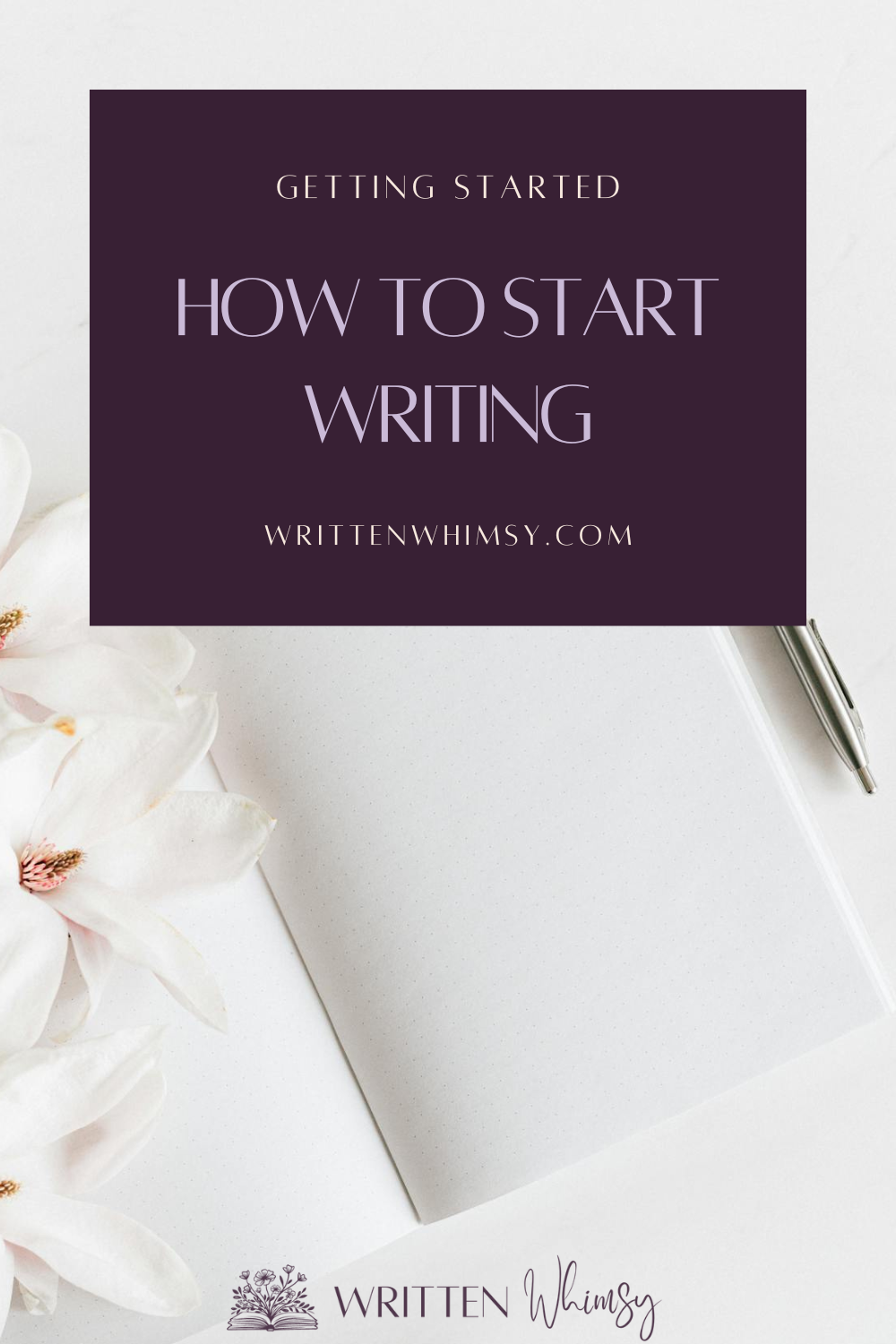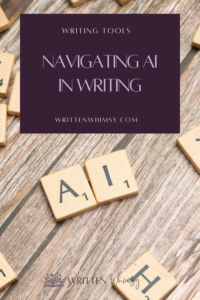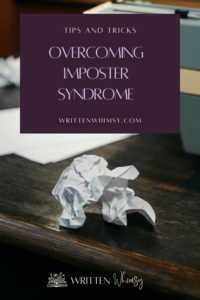Where to start? That is the question, isn’t it? How do we turn a vague idea into something fully realized. I could argue that it should start at the beginning, and it wouldn’t be wrong but that doesn’t work for everyone all the time. As writers, I’m sure we’re all familiar with staring at a blank page or empty document, perhaps a scene already in our head, a blog topic on the tip of our tongue, but that first step feels like a herculean task. That blank page staring us down, our resolve faltering. Perhaps it’s the insidious perfectionism that’s stopping our hand, or perhaps we simply don’t yet know how. So, let’s look at a couple ways to get started, and to keep going.
- Start in the Middle
If you’re anything like me, you get a scene stuck in your head and it replays on a loop. But when you sit down to write, you don’t know how it starts. We all know those first few sentences, and even paragraphs are critical to a story, but that doesn’t mean that’s where we start writing. Get that scene excised onto the page. You can write out of order, when you know what’s going to happen, you can piece together how it started.
- Write Badly
This is my first blog post, as I write this I’m petrified. I don’t know if my editing business will be worthwhile, I don’t know if people will care about what I have to say, or if the advice I’ll give will resonate. I stared at a blank page for far longer than I would like to admit, trying to come up with the best topic, lay it out in the best way, it had to be perfect. As creatives, it’s the pursuit of perfection that is our greatest enemy. I tell my friends and fellow writers to just write and write badly all the time. Imagine my surprise when I decided to take my own advice. I put on a music playlist, and I attacked the page and just started writing, words spilled out! You can always edit words, but you can’t edit a blank page. Give yourself something to work with, don’t let perfectionism stop you before you even start.
- Have an Outline
I realize not every writer is a planner, and there are as many ways to outline as there are to write. To say nothing of writers who don’t see value in outlining, flying by the seat of their pants, lovingly known as being a “pantser.” I land somewhere in between, my outlines tend to be bullet points of scenes and beats I want to hit within the story, guideposts, if you will. Ultimately whether your outline is highly detailed, or an overarching but brief synopsis, the point is to have a clear idea of what you want to write about. It’s easy to lose the plot amid drafting, having a vision is vital to not only getting started, but to keep going.
- Be Flexible
Building on my last point, sometimes the story changes as you write it, the characters grow in a way you didn’t expect. Or maybe you only ever had a vague idea to begin with. The best part of drafting is you’re telling yourself the story. You’re discovering as you go, and that excitement, and unknown can absolutely drive you to keep going. Like a reader of a published work, you want to know what’s coming next. Plot holes, and inconsistencies can be addressed in editing, so write with abandon, and see where passion and flexibility take you.
- Make a Commitment
Writers love talking about writing, they love thinking about writing, day dreaming, having shower epiphanies. On the other hand, we are experts at putting off the act of writing, complaining about a lack of inspiration, or maybe we’ve hit a particularly rough patch of writer’s block. If we wait for inspiration, in my experience, we end up waiting a long time. Making a commitment to write is key to continue writing. For some of you it may mean adopting a routine of writing daily like Stephen King, for some of us, with a day job, or family, or both, maybe that advice just isn’t realistic. That being said, schedule in that time to write, be it daily or weekly, whatever works best for you. You may start with a low word count, but a hundred words is better than none, the more of a habit writing becomes the easier it becomes, and the more words you can get on the page. Commit to your craft, and in turn commit to yourself. Practice, habit, and discipline will get you further than inspiration ever will.
As with all tips and advice, I hope you find one of these useful, these tips have worked for me in the past. I would love to hear what has helped you to get started writing, and what has helped you to keep going. Happy writing!




